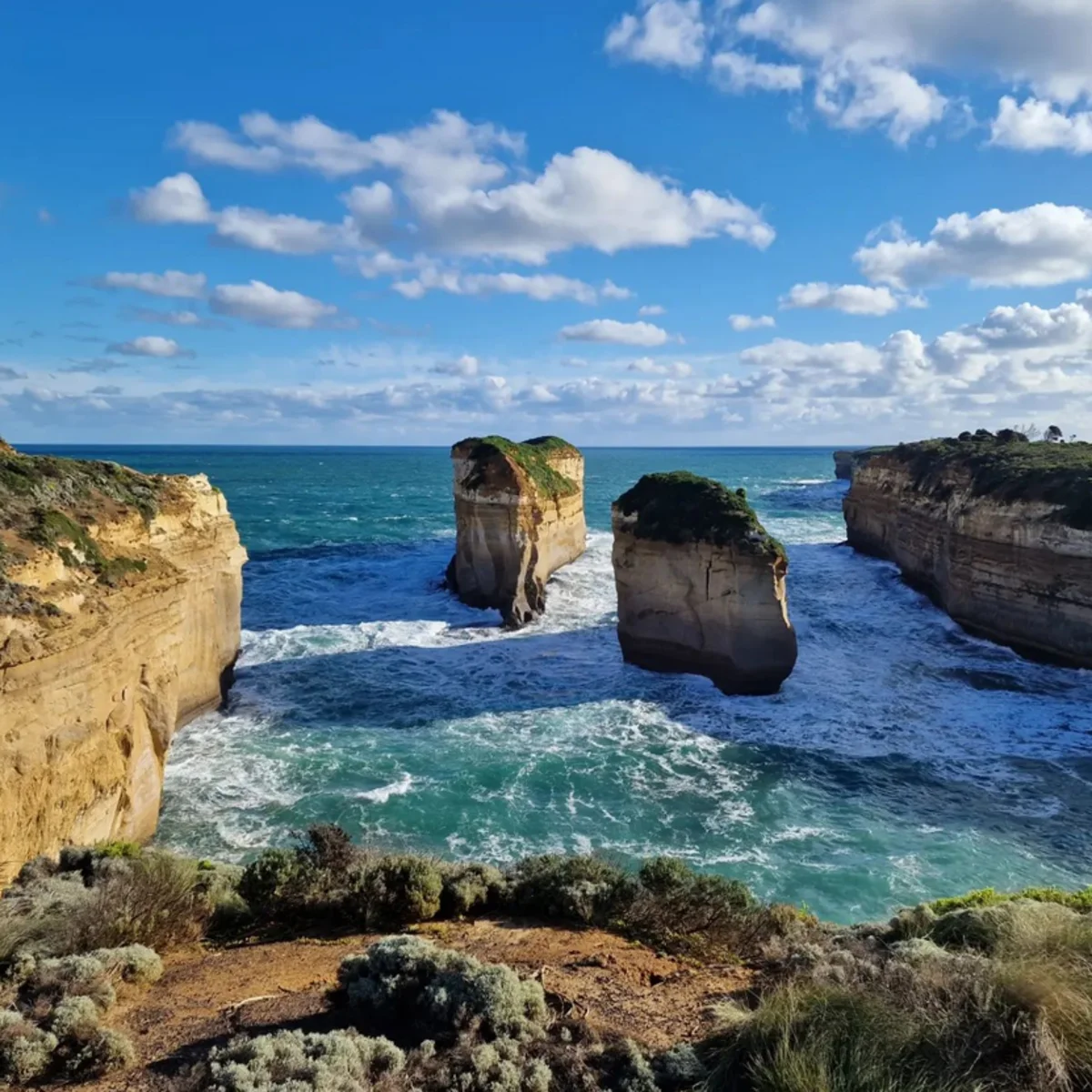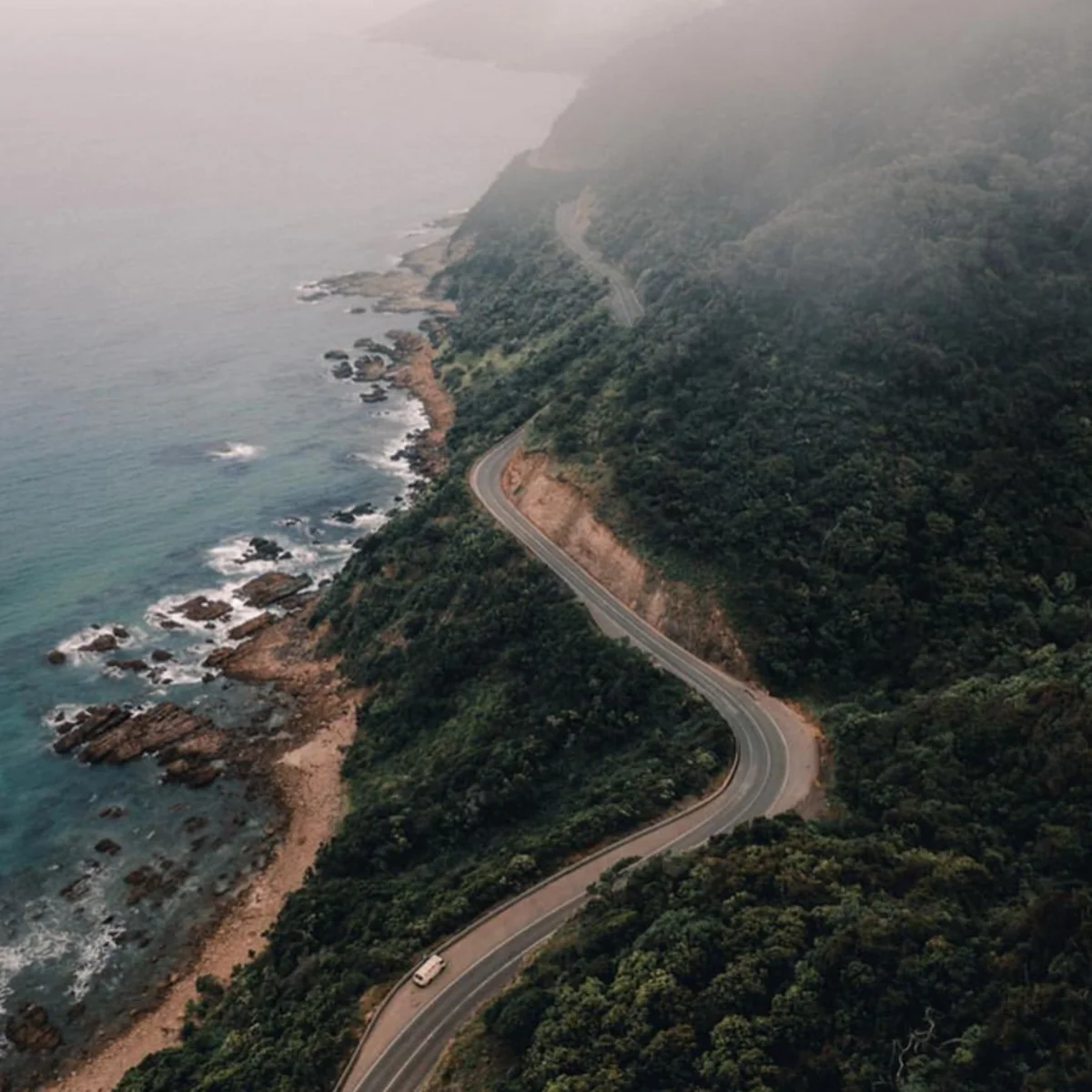The Great Ocean Road is a popular road trip in Australia, known for its diverse natural scenery and wildlife. Visitors to Victoria should be mindful of their impact on the region.

There is a lot of information on planning a trip along the Great Ocean Road, but it is better to use the great ocean road melbourne tour because we know how to organise a trip along the famous coastal road.
Eco Stays
Accommodation plays a significant role in travel, and selecting a place that does not harm the local environment or community is a simple way of travelling more sustainably.
Choosing small, locally owned accommodations is a great way to support the local community and economy, ensuring your tourist dollars benefit the region. The Great Ocean Road offers a variety of boutique accommodations throughout the area, making it easy to find a charming cottage, seaside suite, beach house, and more.
Choosing accommodations with environmental initiatives can help reduce our impact on the planet and support local businesses.
Lorne Bush House is certified by Ecotourism Australia and offers cottages and safari tents in the Otways rainforest. The property is designed to have minimal environmental impact and provides a habitat for local wildlife and birds.
Eating Local
Consuming locally sourced food and drinks along the Great Ocean Road can help reduce your ecological footprint by eliminating carbon offsets and supporting local businesses and industries.
Additionally, it is fresh and delicious and a great addition to your Great Ocean Road itinerary.
For fresh seafood that is directly sourced, visit the Apollo Bay Fishermen’s Co-Op for a seafood platter with a view of the harbour. The Great Ocean Road Chocolaterie offers on-site chocolate for sweet tooth lovers. Tastes of the Region in Apollo Bay is an excellent spot for stocking up on cheese and charcuterie for your picnic. Enjoy plenty of scenic views while laying out your picnic blanket.
The region is home to wineries, breweries, and distilleries that offer a variety of drinks. Great Ocean Road Gin in Aireys Inlet uses local botanicals for its gin range, while Noodledoof Brewery in Koroit offers a rotating tap list based on the season.
Low Impact Activities
Visitors to the Great Ocean Road can enjoy the fantastic nature while participating in activities with minimal environmental impact.
Hiking, biking, surfing, and kayaking are all low-impact activities that can be enjoyed in a pristine environment without causing harm.
The region has hiking trails along the coast and in the Otways. Trails vary in difficulty and length. The Surf Coast Walk in Torquay provides a beautiful coastal trail, while the Otways offer rainforest walks to discover hidden waterfalls. Bike trails are also available, with rentals in Port Fairy.
Surfing and paddling are popular in the Great Ocean Road region, with options for beginners and experienced surfers. Anglesea Paddleboat and Canoe Hire offers canoe rentals on the Anglesea River for those seeking calmer waters.
The Wildlife Wonders Sanctuary provides walking tours for visitors to observe native wildlife, such as koalas and kangaroos, in their natural environment and learn about the region’s ecology and flora. Visiting the sanctuary helps support conservation efforts in the Great Ocean Road region.

Sustainable Travel Tips
When travelling, it is essential to remember some simple tips to leave a positive impact. Please help to keep the Great Ocean Road beautiful.
Properly dispose of any rubbish and secure loose items to prevent littering. Carry out your rubbish if picnicking in national parks and check the area thoroughly before leaving.
Remember to bring reusable items like a coffee cup, straw, and cutlery to avoid single-use plastics. If you forget, consider dining in to reduce waste.
It is recommended to stick to trails in natural areas to minimise the impact on the environment. This can help protect the surrounding area.
Consider using biodegradable sunscreen when swimming in the waters of the Great Ocean Road to minimise harm to reef and marine life.
It is essential to respect plants and animals by avoiding disturbing them, refraining from approaching or touching them, and not taking any natural items from the area.